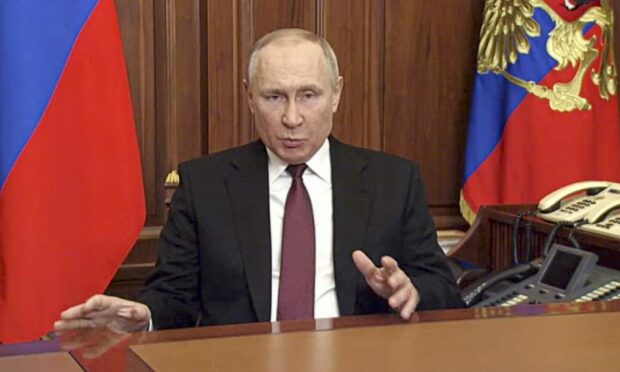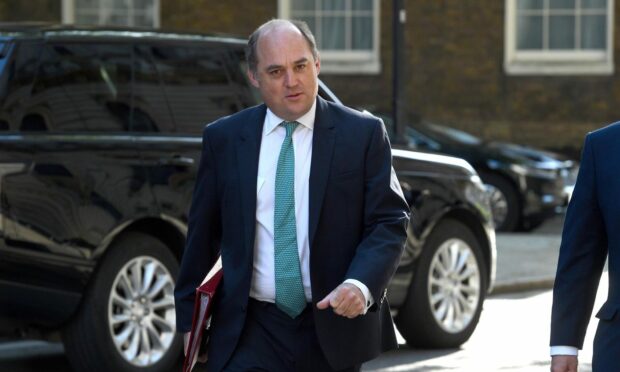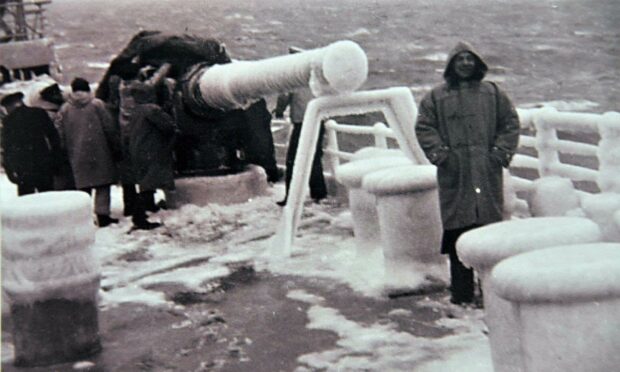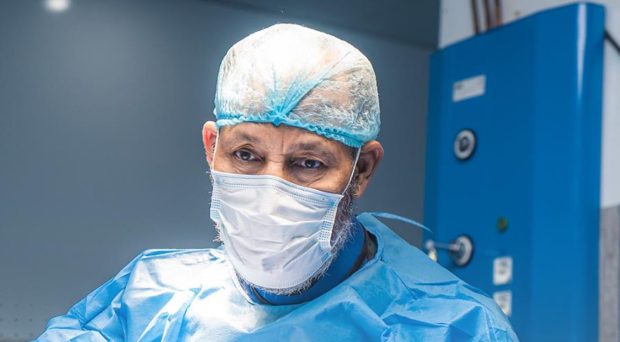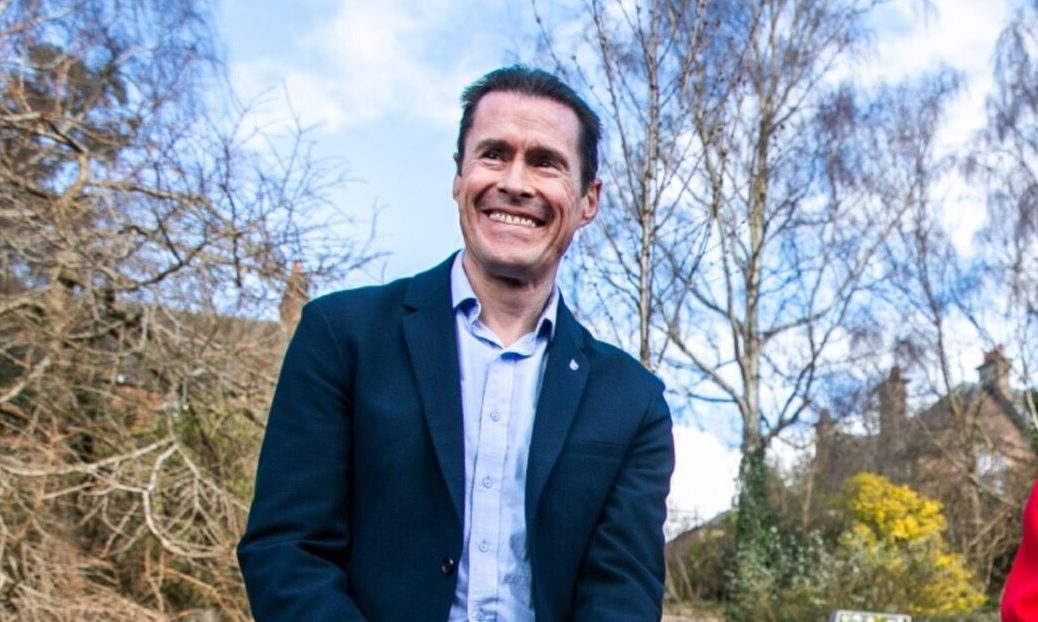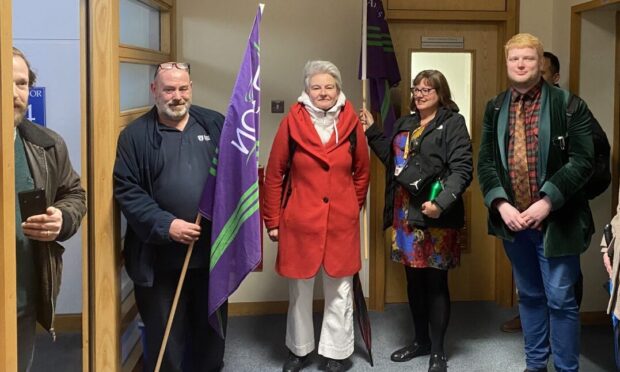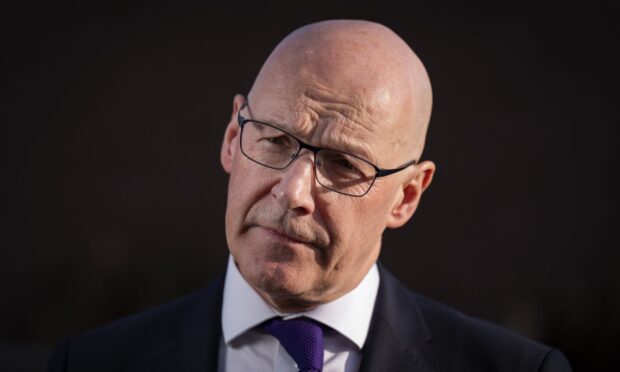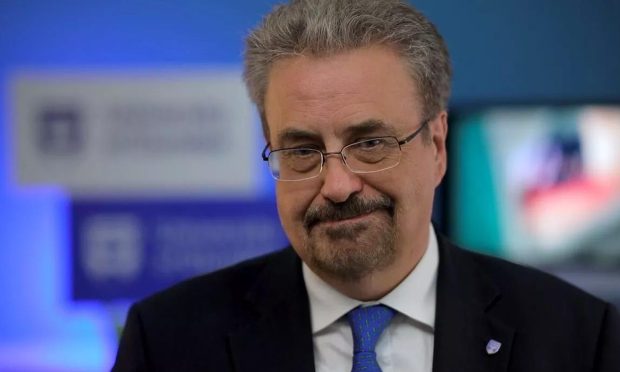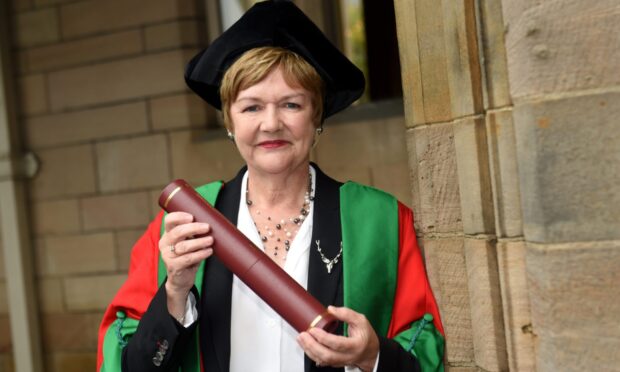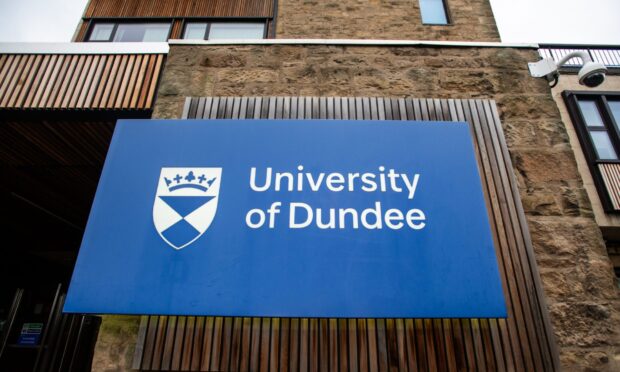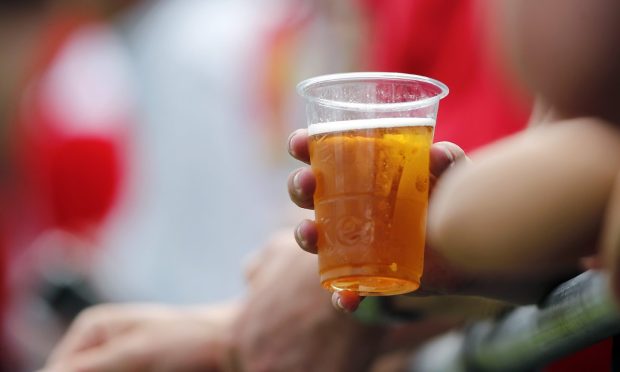Defence chiefs want the UK to strengthen its links with Russia to honour the Arctic Convoys of the Second World War, despite Vladimir Putin’s Ukraine invasion.
The pledge to “explore further opportunities for cooperation” was made in a Ministry of Defence document published this week.
Plans include work to “honour our shared history” during the wartime Arctic Convoys, which left from the Highlands to deliver vital supplies to the Soviet Union.
The new policy paper outlines Britain’s security strategy for the Arctic, including an intention to deploy RAF Lossiemouth-based P8A maritime patrol aircraft to the region.
Tensions have been growing over the “high north” in recent years as climate change melts the ice, creating potential new sea routes and access to oil and gas resources.
Defence Secretary Ben Wallace warned of Russia’s “increasingly militarised” approach to the region, and said the UK would “defend our Arctic allies should the need arise”.
However, the Westminster government suggested in its new report that Britain should also try to continue to work with Russia where it could.
‘Opportunities for co-operation’
“The UK will explore further opportunities for cooperation in the region with Arctic and non-Arctic states,” it said.
“This includes with Russia, to honour our shared history in the Arctic Convoys, and
to ensure safe and professional behaviours in accordance with our bilateral Incidents at Sea Treaty.”
What was the Arctic Convoy?
British wartime prime minister Winston Churchill described the perilous Arctic Convoy missions to deliver aid to the Soviet Union as the “worst journey in the world”.
Starting after Nazi Germany’s invasion of the Soviet Union in 1941, more than 3,000 Allied seamen lost their lives to the freezing condition, as well as to attacks by U-boats and aircraft.
There were 78 convoys, which assembled at Loch Ewe in Wester Ross and travelled by sea via Iceland to the Russian ports of Archangel and Murmansk.
By the time they stopped in May 1945, the convoys had transported four million tons of supplies and munitions.
Russia has presented more than 3,500 Ushakov Medals to Arctic Convoy veterans, whose harrowing stories from the missions have been told in recent years.
The UK also presents an Arctic Star medal.
A commemoration was due to mark the 75th anniversary of the convoys at Loch Ewe, where a museum has been created, but it had to be postponed in 2020 due to the pandemic.
‘Malign and destabilising behaviours’
In his foreword to the new strategy document, Mr Wallace said changes in the Arctic would bring challenges for the UK.
“Melting sea ice in the Arctic brings threats as well as opportunities: Russia is taking an increasingly militarised approach to the region; and China is supporting its proposed Polar Silk Road with a range of infrastructure and capabilities that have dual-use potential.
“As the region becomes increasingly accessible, threats from elsewhere around the globe could spill over into the Arctic.”
The defence secretary added: “As a leading European NATO ally, the UK will defend our Arctic allies should the need arise, and contest malign and destabilising behaviours and activity that threatens our interests, the interests of our allies, and the stability of the region.”
